
- Session 1: Sustainability in a COVID-19 World
- Professor Michael Arthur
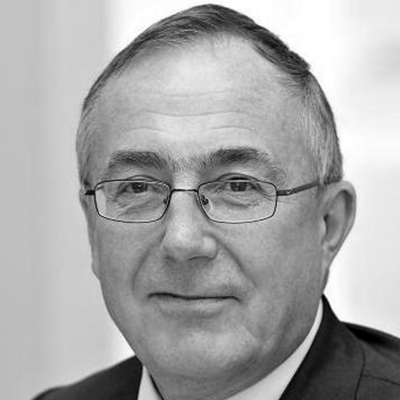
Professor Michael Arthur was the tenth provost and president of UCL between 2013 and January 2021. Previously he was Vice-Chancellor of the University of Leeds, and formerly Professor of Medicine (1992), Head of the School of Medicine (1998-2001) and Dean of the Faculty of Medicine, Health and Life Sciences in Southampton (2003-04). He is a hepatologist and is currently Chair of the Russell Group EU Advisory Group and a Board Member of LERU.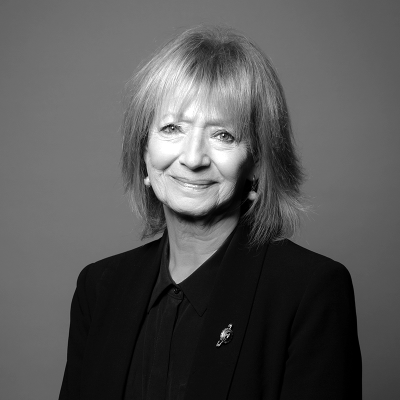
Professor Dame Hazel Genn
Hazel Genn is a Professor of Socio-Legal Studies and current Vice-Provost International & Advancement at UCL, where she is responsible for strategic activities around global engagement, philanthropy, alumni, recruitment, marketing and communications. She is the founder of UCL’s Centre for Access to Justice and Co-founder of UCL’s Judicial Institute. She is a leading expert on access to justice for disadvantaged groups.
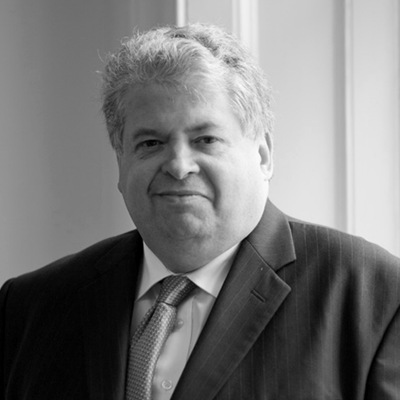
Professor David Price
David Price is UCL Vice-Provost (Research), chair of the Vice-Rectors of Research Committee of the League of European Research Universities. David was one of the first to establish the now major interdisciplinary field of computational mineral physics. Prior to his current role, he served as Head of the Department Earth Sciences at UCL, and as Dean of Mathematical and Physical Sciences.
Co-Chair: Professor Mariana Mazzucato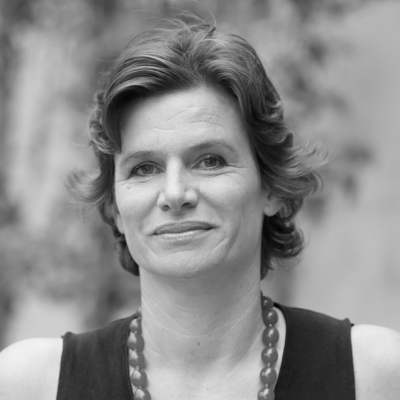
Mariana Mazzucato is Professor in the Economics of Innovation and Public Value at UCL, where she is Founding Director of the Institute for Innovation and Public Purpose (IIPP). She is author of The Entrepreneurial State: debunking public vs. private sector myths (2013) and The Value of Everything: making and taking in the global economy (2018).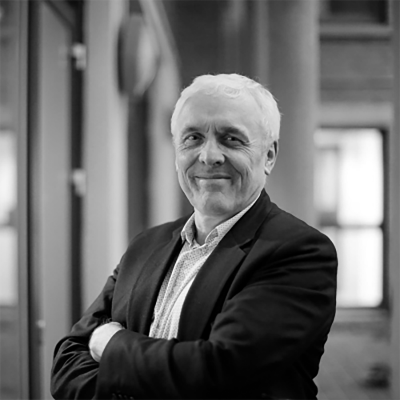
Co-Chair: Professor Anthony Costello
Anthony Costello has worked as an NHS doctor, as Director of the Institute for Global Health at UCL, and as Director of the department of maternal, child and adolescent health at the World Health Organisation. He is a co-chair of the Lancet Countdown for Climate Action and Health, and author of The Social Edge: The Science of Sympathy Groups for Health, Wealth and a Sustainable Future.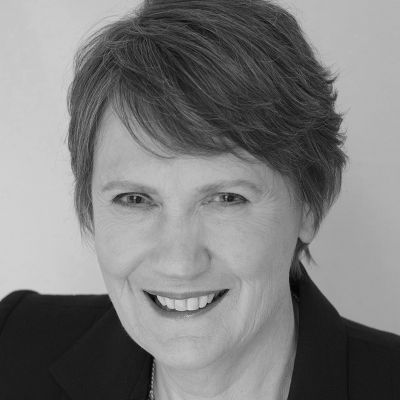
Rt. Hon. Helen Clark
Helen Clark is a former New Zealand Prime Minister and a Former UNDP Administrator. She currently Chairs the Boards of the Extractive Industries Transparency Initiative and the Partnership for Maternal, Newborn, and Child Health. Helen also serves on other public good Advisory Boards. Helen is a frequent contributor to Conferences, and events, on issues related to Sustainable Development and the Sustainable Development Goals (SDGs) and Women’s LeaderProfessor Jacquie McGlade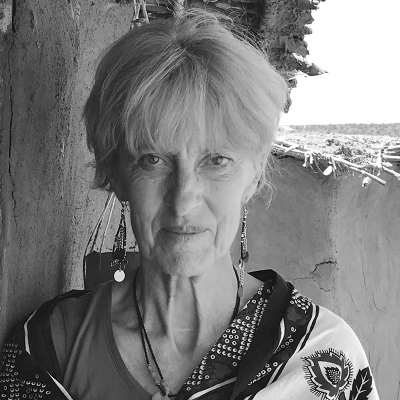
Jacqueline McGlade is Professor of Sustainable Development and Resilience at the Institute for Global Prosperity, UCL, Frank Jackson Professor of the Environment at Gresham College, Professor of Public Policy and Governance at Strathmore University Business School, Kenya, and Lead Scientist at the British Institute in Eastern Africa, Kenya. Previously she was UN Environment’s Chief Scientist, Executive Director of the European Environment Agency and Director of the UK Centre for Coastal and Marine Sciences.
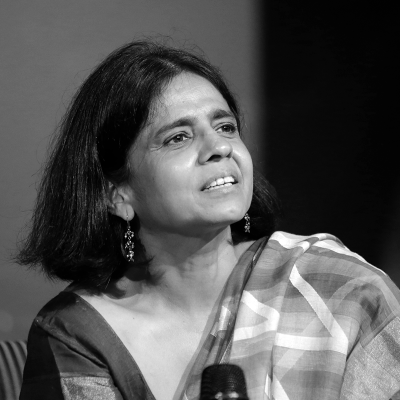
Dr Sunita Narain
Sunita Narain is a Delhi-based environmentalist and author. She is currently the Director General of Center for Science and Environment, and Editor of the magazine Down To Earth. Dr Narain was a member of the Indian Prime Minister’s Council on Climate Change and still plays an active role in policy formulation on issues of environment and development in India and globally.
Professor David Nabarro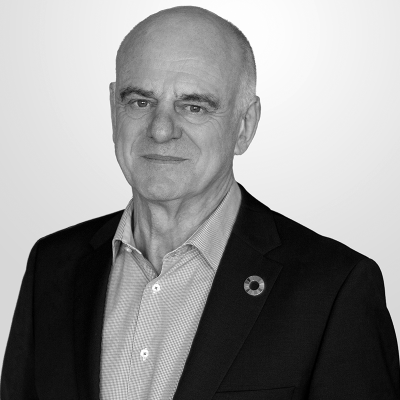
David Nabarro is Co-Director and Chair of Global Health at Imperial’s Institute of Global Health Innovation, Strategic Director of the Swiss-based social enterprise, 4SD, and in March 2020, David was appointed Special Envoy of WHO Director-General on Covid-19. In 2015, he was appointed, by the Director-General of WHO, as chair of the expert group on the reform of WHO’s work on outbreaks and emergencies.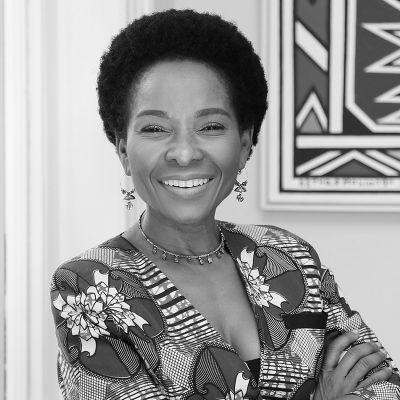
Professor Mamokgethi Phakeng
Mamokgethi Phakeng, Vice-Chancellor (University of Cape Town) and former deputy Vice-Chancellor for Research and Internationalisation, holds a PhD in Mathematics Education (Wits). She is the winner of the Order of the Baobab (Silver, 2016), named most influential woman academic in Africa (CEO Magazine, 2014), member of the board of the Oprah Winfrey Leadership Academy for Girls and founder of Adopt-a-learner Foundation.
- Session 2: Universities & the SDGs
- Chair: Martha McPherson
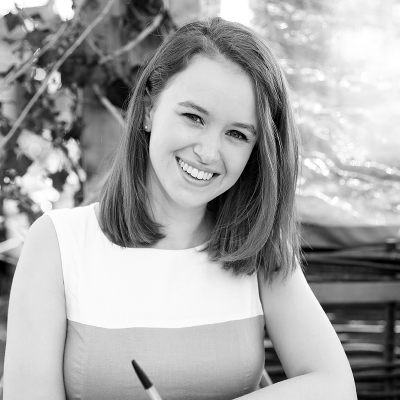
Martha McPherson is Head of Green Economy and Sustainable Growth at the UCL Institute for Innovation and Public Purpose. She co-ordinates IIPP's research and policy engagement on transitions to a sustainable, climate-resilient green economy, taking a lens of public value, and rethinking the role of states. This encompasses work on green industrial and innovation policy and green new deals; local, regional and urban green innovation; the Just Transition; climate-aligned finance, and a green economic renewal after the COVID19 crisis.Professor Tristan McCowan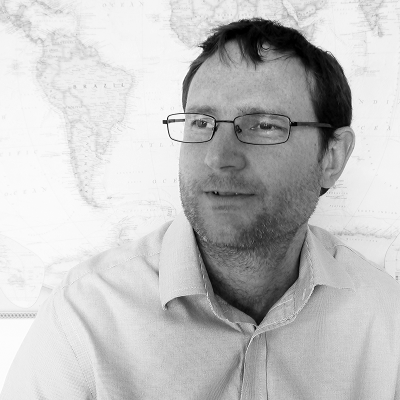
Tristan McCowan is Professor of International Education at the Institute of Education, UCL. His work focuses on higher education and international development, particularly in Latin America and Sub-Saharan Africa, including issues of access, quality, innovation and impact. His latest book is Higher Education for and beyond the Sustainable Development Goals (Palgrave Macmillan, 2019), and he is editor of Compare – a Journal of International and Comparative Education. He is currently leading a multi-country Global Challenges Research Fund project on universities and climate change.Phil Baty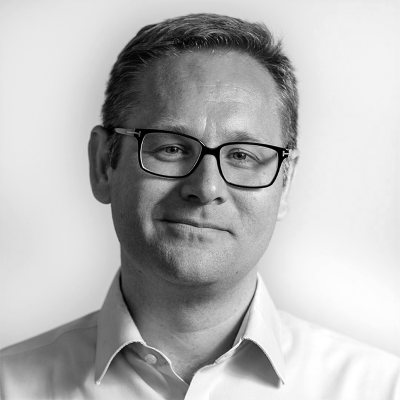
Phil Baty is Chief Knowledge Officer at Times Higher Education (THE). He is an award-winning journalist and international authority on university performance and strategy, with more than 23 years’ experience in global higher education and research including a decade as Editor of the prestigious Times Higher Education (THE) World University Rankings. He created the THE World Academic Summit, now the flagship of a global series of senior university leadership events.Tanya Dudnikova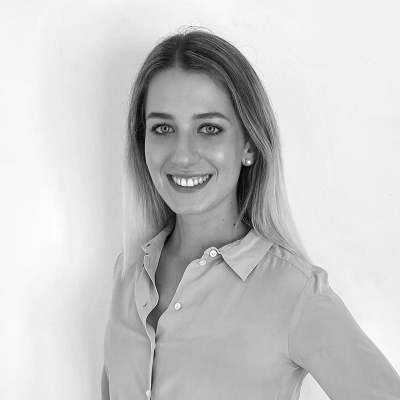
Tanya Dudnikova is a recent UCL graduate, former Student Media Representative and former President of the UCL Film & TV Society. She is passionate about enhancing student participation in UCL’s approach to sustainable development issues and recently moderated a webinar: “Reaching the Sustainable Development Goals: universities and students looking for solutions”, organised by the British Council and University PSL. Tanya is an ambassador for Global Vision International, an organisation specialising in community development and conservation initiatives.Professor Duncan Ivison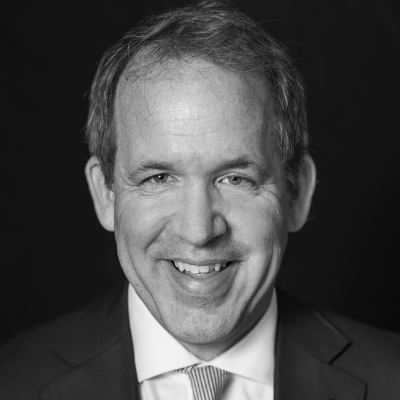
Duncan Ivison is Professor of Political Philosophy and Deputy Vice Chancellor (Research) at the University of Sydney. He completed his BA at McGill University in Montreal, and his MSc and PhD at the London School of Economics and Political Science. He has held academic posts at the Australian National University, the University of York, and the University of Toronto. He was previously Dean of the Faculty of Arts and Social Sciences at the University of Sydney.Professor Adriana Allen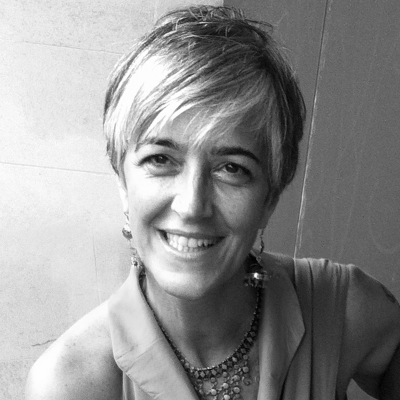
Adriana Allen is Professor of Development Planning and Urban Sustainability at UCL The Bartlett Development Planning, she is also The Bartlett's Vice-Dean International and President of the Habitat International Coalition (HIC), as well as regular advisor to UN bodies. From these capacities she is actively engaged in advancing urban justice through transdisciplinary research, social learning and international advocacy.Aromar Revi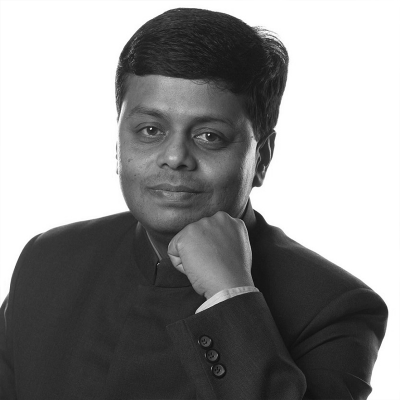
Aromar Revi is the founding Director of IIHS, India’s prospective interdisciplinary national University and Institution of Eminence, focused on urbanisation. He is a global practice and thought leader and educator with over 35 years of interdisciplinary experience in sustainable development, public policy and governance, human settlements, global environmental and technological change. He is Co-Chair of the UN Sustainable Development Solutions Network (SDSN), member of the Advisory Board of UCLG and member of UN-Habitat’ Stakeholder Advisory Group.
- Session 3: Sustainability & the Water Cycle
- Chair: Dr Luiza Campos
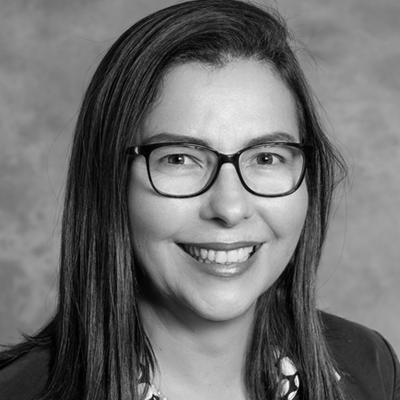
Dr Campos is Associate Professor in Department of Civil, Environmental & Geomatic Engineering, UCL. Luiza is also head of the Water Management Research Group and Co-Director of the Centre for Urban Sustainability and Resilience. Her research lies within water and sanitation with particular interest on designing, testing, implementing technologies and tools to reduce environmental pollution and enhance human health and wellbeing.Professor Taikan Oki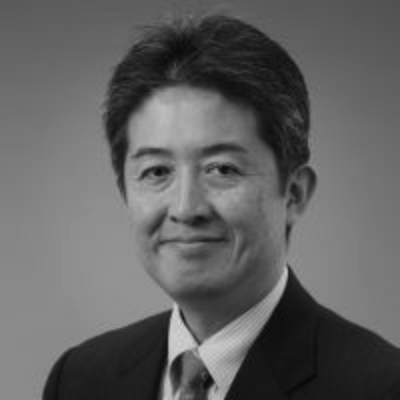
Professor Taikan Oki is Special Advisor to the President, and a Professor at Graduate School of Engineering, The University of Tokyo. He is also affiliated as Senior Vice-Rector, United Nations University, Japan, and since 2016 as an Assistant Secretary-General, United Nations. His areas of expertise are global hydrology and the sustainability of world water resources including the virtual water trade and water footprint.Professor Melanie Austen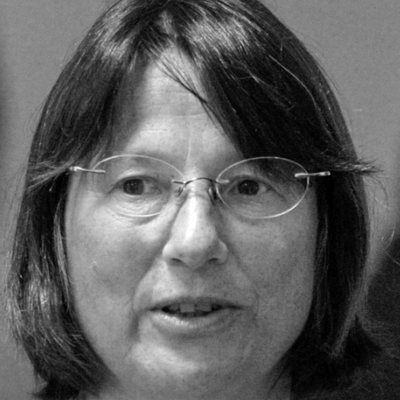
Mel Austen is Professor of Ocean and Society at the University of Plymouth, honorary Professor at University of Exeter, Member of UK Government’s Natural Capital Committee and of the Joint Nature Conservation Committee. She leads and advises on inter/transdisciplinary marine environment research at the interface of social and natural science in the UK, EU and internationally to support policy and management for sustainable ecosystems.Professor Michael E. McClain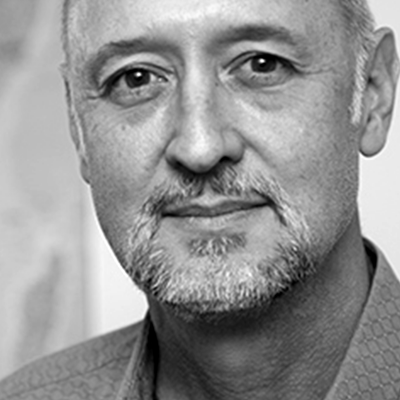
Michael McClain is Chair Professor of Ecohydrology at IHE Delft. His research focuses on improved understanding of flow-ecology relationships in rivers and wetlands and how knowledge of these relationships can be translated into environmental water allocations to meet the SDGs. Throughout his career he has worked in the Global South. Currently, as Theme Editor for Water, featuring innovative approaches to solving water problems in the wider pursuit of sustainability.Dr Michel Tsamados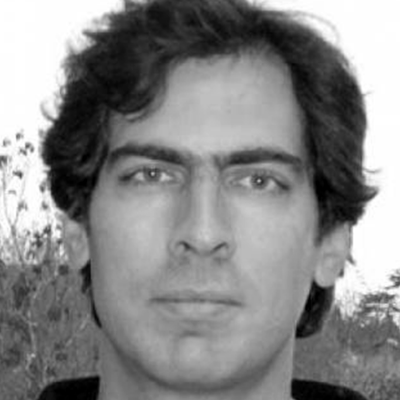
Dr Michel Tsamados is a member of the Centre for Polar Observation and Modelling, UCL. He has a BSc in Theoretical Physics from Ecole Normale Superieure de Lyon and is holder of the 'aggregation' in physics, the highest teaching diploma in France. His research focuses on analysing high-resolution sea ice deformation data in the European Space Agency GLOBICE project and the intercomparison of several observational datasets with sea-ice model results.Professor Dan Osborn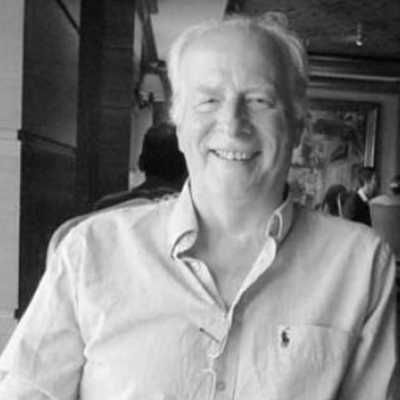
Dan Osborn is Professor of Human Ecology at UCL, Co-Chair of UCL Environment Domain and Editor-in-Chief, UCL Open: Environment. He researches the links between natural resources and people’s wellbeing and how knowledge of these linkages can improve our lives. Dan has participated on advisory committees with government and industry, contributing to UK National Ecosystem Assessments and co-led people and built environment aspects of Evidence Report underpinning the Second UK Climate Change Risk Assessment.
- Session 4: Global Inequalities in a COVID-19 World
- Chair: Professor Caren Levy
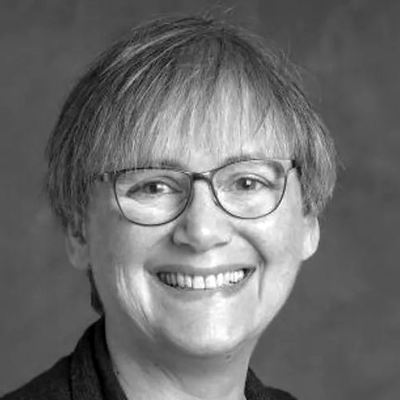
Caren Levy is a Professor of Transformative Urban Planning working on community-led development and governance. Her special interest lies in the institutionalization of social justice in policy and planning, particularly related to gender, diversity, and environment. She has 25 years experience in mainstreaming social justice in organizational development, and exploring innovatory approaches to planning methodology, education and capacity building.Professor Relebohile Moletsane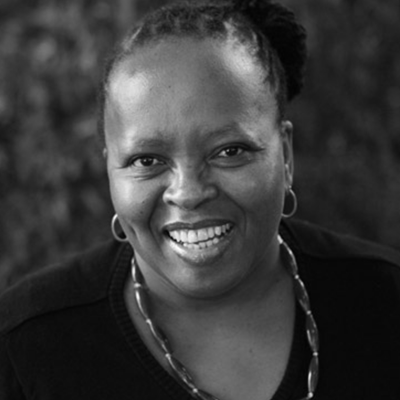
Relebohile Moletsane is Professor and the JL Dube Chair in Rural Education, School of Education at the University of KwaZulu-Natal. As part of her Chair in rural education, she works in South African rural schools and communities, focusing on teacher development around issues of poverty alleviation, HIV & AIDS, gender inequality and gender-based violence as barriers to education and development. Moletsane was winner of the Distinguished Women in Science (Humanities) Award (National Department of Science and Technology, 2012).Professor Ama de-Graft Aikins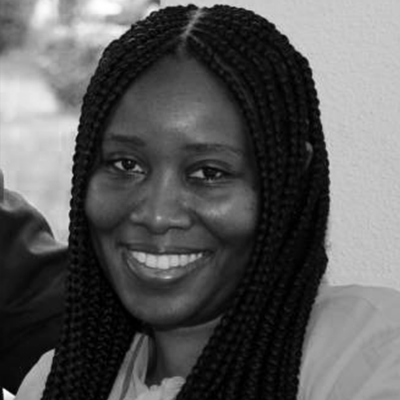
Ama de-Graft Aikins is a British Academy Global Professor at UCL’s Institute for Advanced Studies. Her research focuses on chronic illness representations, experiences and care, and the social, cultural and health systems aspects of Africa's chronic non-communicable disease burden. She also has a strong interest in the history of psychology in Africa and its intersections with critical theory and African Studies.Professor Phoebe Koundouri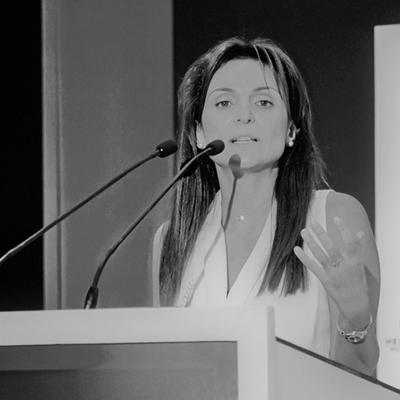
Professor Phoebe Koundouri is the Founder and Scientific Director of the Research Laboratory on Socio-Economic and Environmental Sustainability (ReSEES) at the Athens University of Economics and Business, the director of EIT Climate KIC Hub Greece and the co-chair of United Nations Sustainable Development Network.
- Session 5: Positive Partnerships: Assistive Technologies
- Chair: Professor Monica Lakhanpaul
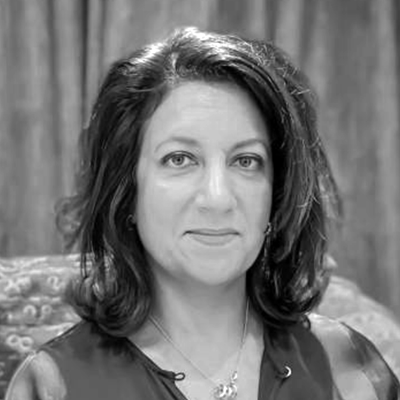
Monica Lakhanpaul is a consultant paediatrician at Whittington Hospital, Pro-Vice-Provost for South Asia at UCL, Professor of Integrated Community Child Health at UCL Great Ormond Street Institute of Child Health and Co-director of the CHIP consortium. She works in the UK and internationally, using participatory and citizen science approaches. Examples include improving childhood feeding practices in South Asian communities in East London with her NEON project and PANChSHEEEL in rural India.Professor Catherine Holloway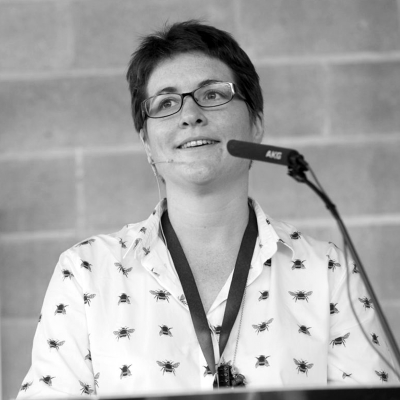
Cathy Holloway is Academic Director and co-founder of the Global Disability Innovation Hub (GDI Hub) and Associate professor in UCL’s Interaction Centre. Her research revolves around accessibility, innovation, crossing discipline boundaries into transport, rehabilitation, computer science and entrepreneurship. Her portfolio includes the development of new prosthetics for the UK and lower income countries; the use of the Internet of Things to automate the creation of city-level accessibility maps for wheelchair users in Delhi and London; and the development of inclusive innovation methods.Chapal Khasnabis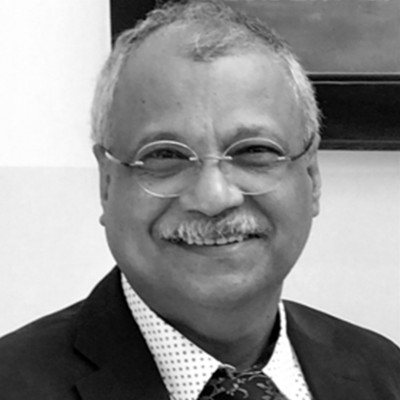
Chapal Khasnabis is a Prosthetics and Orthotics Engineer holding a Masters degree in Rehabilitation Science from Strathclyde University, and is in the process of completing a PHD from Trinity College Dublin. In 1994, he founded Mobility India, Bangalore to enable, empower and include people with disabilities, everywhere. He currently leads the WHO’s Global Cooperation on Assistive Technology (GATE) initiative to improve access to assistive technology for everyone, everywhere.Prateek Madhav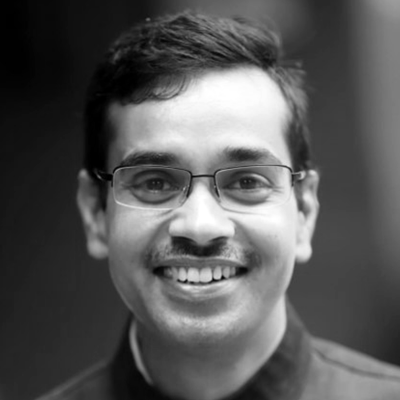
Prateek Madhav is a NIT & IIM Calcutta-educated, corporate-digital-technology-leader turned happy-social-entrepreneur. His belief in technology making a significant impact in lives of disabled, encouraged him to give up an 18-year-old career in IT industry to focus on promoting disability/ assistive technology start-ups through his venture AssisTech Foundation (ATF), www.atflabs.org. ATF has impacted lives of 160K people with disabilities through its portfolio of 11 assistive technology startups with 35 assistive technology products.Wendy Walker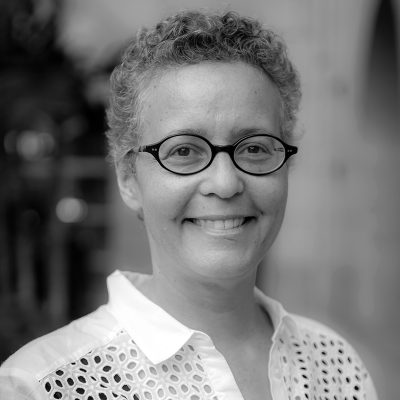
Wendy Walker is Chief of Social Development Thematic Group, Sustainable Development and Climate Change Department at the Asian Development Bank. Prior to her role here, Wendy worked in the urban and social sectors division of the East Asia Regional Department on PRC and Mongolia and, among her responsibilities, led ADB’s first loans and technical assistance projects in PRC on technical and vocational education. She has an M.Phil. from Oxford University and a PhD from John Hopkins University.Shona McDonald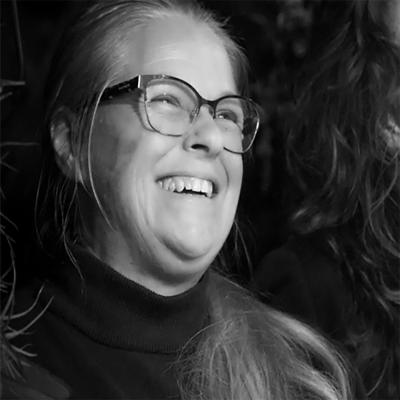
Shona McDonald is founding director of the Shonaquip, a hybrid Social Enterprise incorporating Uhambo and Champion’s Network Trust, as well as the Western Cape Medical Devices Cluster, is a collaborative initiative established to promote and develop the local economy and medical device sector. Shonaquip’s in-house design department innovate and develop a range of mobility and 24hr postural support devices which are locally produced in Cape Town.
- Session 6: Transforming Infrastructure: Energy
- Chair: Dr Barbara Lipietz
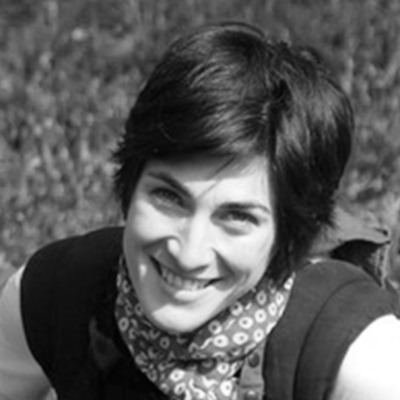
Barbara is Associate Professor at the Development Planning Unit where she directs DPU’s MSc in Urban Development Planning and convenes the DPU Research Cluster on Urban Transformations. Barbara co-ordinates the DPU/ACHR (Asian Coalition for Housing Rights) Junior Professional Internship Programme. She is Co-Chair of UCL's Grand Challenges of Sustainable Cities and is a member of the Urban Planning Advisory Group (UPAG) for the United Nations' Office for Disaster Risk Reduction.Dr Priti Parikh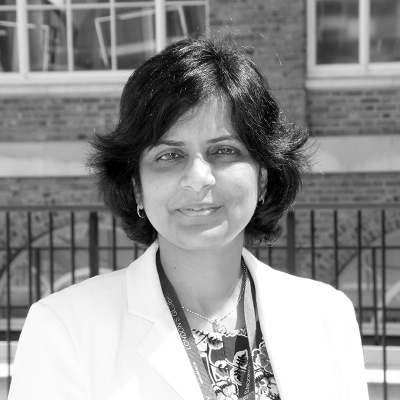
Dr Priti Parikh is a Fellow of the Institution of Civil Engineers and Associate Professor at UCL. She has 15 years of engineering industry experience in Asia, Africa and UK on infrastructure delivery and heads the interdisciplinary EFID Research Centre addressing the SDGs through infrastructure. Priti has been recognised as an Engineers Without Borders Changemaker and serves as chair of the editorial panel for Institution of Civil Engineers Engineering Sustainability Journal.Sam Mason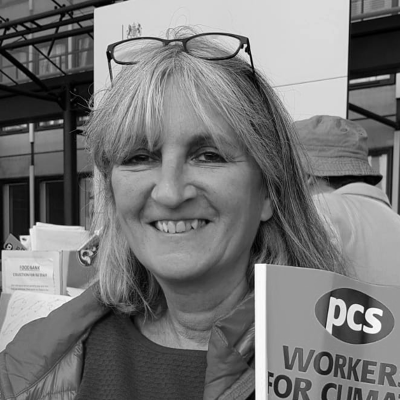
Sam is a national Policy Officer at PCS trade union with a focus on the impacts of climate change and the environment on workers. She is lead author on the PCS pamphlet Energy Democracy and Just Transition: a civil service perspective, and co-author of the PCS pamphlet, Aviation Democracy. She is a member of the New Lucas Plan project and leads the Just Transition working group on human centred technology for socially and ecologically useful production.Sarah Colenbrander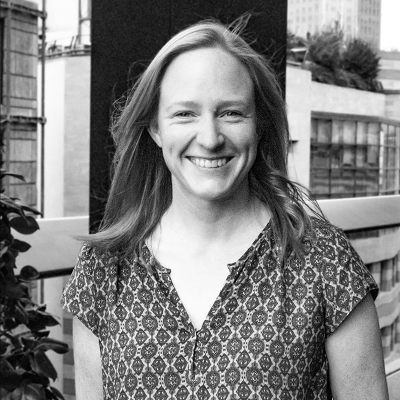
Sarah is an environmental economist who works broadly across urban, climate and fiscal policy. She has worked with policymakers in Asia, Africa and Latin America to design and implement low-carbon development strategies. Sarah has published extensively in academic journals as well as reports for the Global Commission on the Economy and Climate, Intergovernmental Panel on Climate Change, UN Environment and the World Bank. She is a guest lecturer at UCL, Oxford and Manchester.Cllr Adam Harrison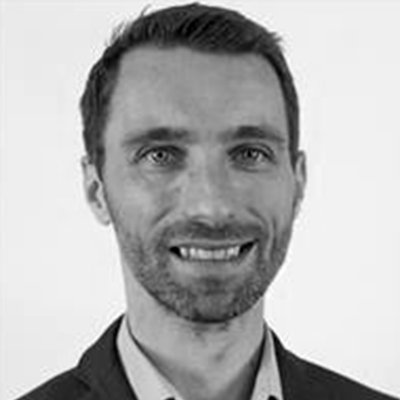
Adam Harrison is a councillor and cabinet member at the London Borough of Camden, where he leads on the council's environmental work, including carbon reduction, air quality, transport, biodiversity, and green space. In 2019 Camden Council conducted the UK's first Citizens' Assembly on the Climate Emergency and incorporated all the citizens' recommendations into its newly adopted Climate Action Plan.
- Session 7: Behaviour: The Climate & Sustainability Crises
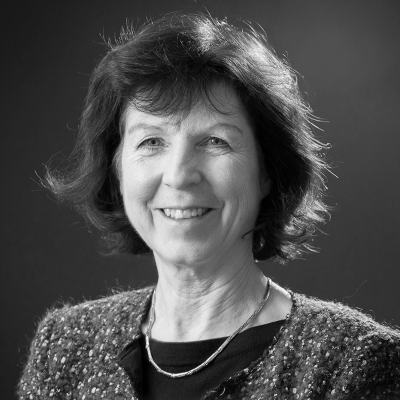
Chair: Professor Susan Michie
Professor of Health Psychology and Director of the Centre for Behaviour Change at UCL, Professor Michie is also co-Director of NIHR’s Behavioural Science Policy Research Unit. She serves as an expert advisor on the UK’s Scientific Pandemic Influenza Group on Behavioural Science (COVID-19) and is a consultant advisor to the World Health Organisation on COVID-19 and behaviour and is an investigator on three Covid-19 research projects.Professor Mark Maslin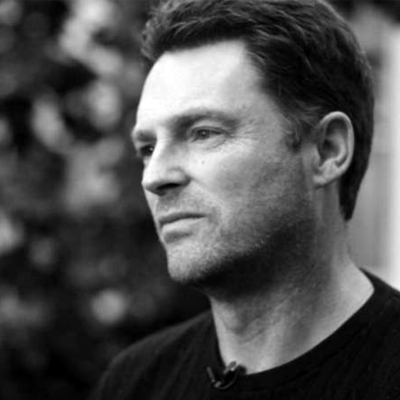
Mark Maslin is Professor of Earth System Science at UCL with interests in the Anthropocene and the challenges facing humanity. He has published 165+ papers, 11 books, 60+ articles (New Scientist, Independent, Guardian, Telegraph, the Times and The Conversation with over 2.7 million reads), and has appeared in BBC One David Attenborough’s ‘Climate Change: the fact’. His books include ‘Climate Change: VSI’ (OUP, 2014, 21), ‘Cradle of Humanity’ (OUP, 2017, 19) and ‘Human Planet’ (Penguin, 2018).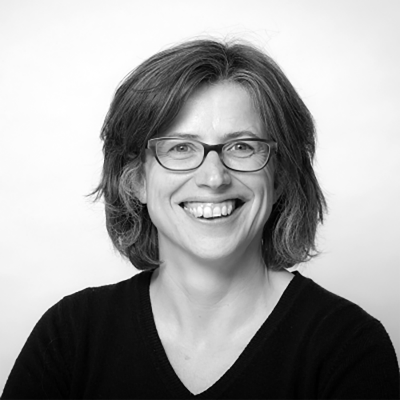
Professor Maria Lee
Maria Lee joined UCL as a Professor of Law in 2007. She is co-director of the Centre for Law and the Environment, member of the editorial committee of the Journal of Environmental Law, and of the advisory committee of Transnational Environmental Law. She is a member of the Executive Committee of the Society of Legal Scholars and former member of the Royal Commission on Environmental Pollution 2009-2011.Professor Nora Groce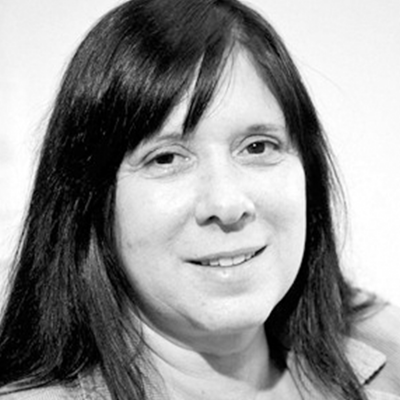
A medical anthropologist, Professor Groce works on issues of global health, international development and human rights, with particular focus on global disability issues. Her research over the years has concentrated on vulnerable groups, with attention to the interface between persons with disability and access to adequate health care and inclusion in international development programs.
- Session 8: Students Beyond Boundaries
- Chair: Tanya Dudnikova
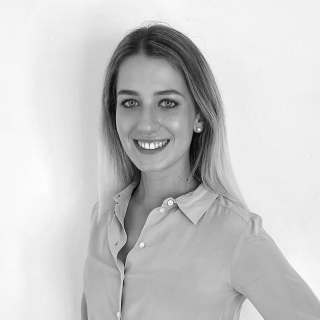
Tanya Dudnikova is a recent UCL graduate, former Student Media Representative and former President of the UCL Film & TV Society. She is passionate about enhancing student participation in UCL’s approach to sustainable development issues and recently moderated a webinar: “Reaching the Sustainable Development Goals: universities and students looking for solutions”, organised by the British Council and University PSL. Tanya is an ambassador for Global Vision International, an organisation specialising in community development and conservation initiatives.Professor Jane Holder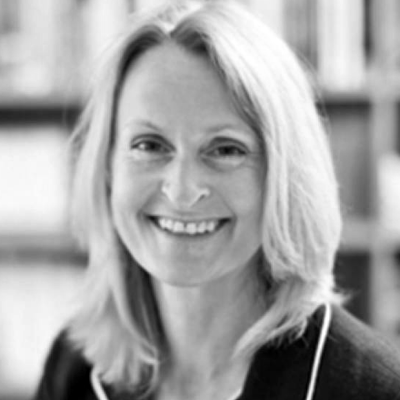
Jane Holder completed her PhD at Warwick University on environmental assessment, published as a book, Environmental Assessment: the Regulation of Decision Making (OUP, 2004). She joined UCL in 1992 and teaches Planning Law, Environmental Law and EU Law. Jane has been a Trustee of the Environmental Law Foundation (ELF) and a member of the Board of the Journal of Environmental Law and Social and Legal Studies. She is involved in the Education for Sustainable Development movement at UCL and is a member of the University's Steering Group on Environmental Sustainability.Maë Faugere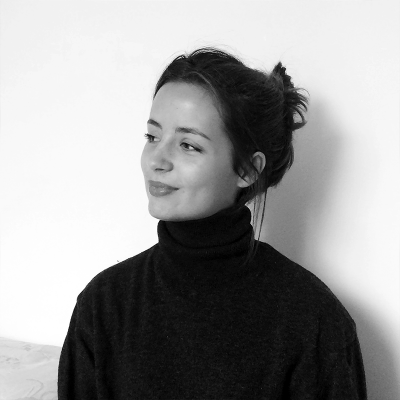
As UCL’s former SU Sustainability Officer, Maë was awarded the Student Sustainability Award for “Outstanding Commitment to Sustainability”. During her time at UCL, Maë founded and led the Environmental Collective UCL, a non-hierarchical platform for interdisciplinary collective action; as well as the Sustainability Ambassadors, a group leading transformational projects at UCL. She founded and led the Climate Collage UCL and is presently working on organising the Climate Education Kick-Off at UCL.Barney Iley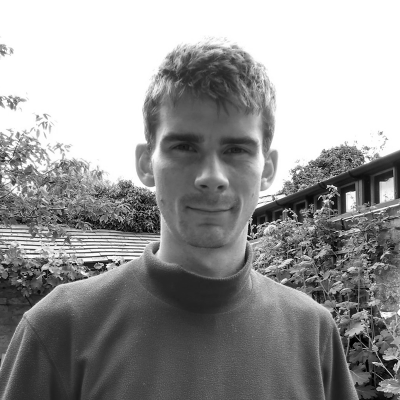
Barney studies Architecture at the Bartlett as a mature student. He completed his first year of study in 2019, during which he helped set up Architecture Education Declares, a cross-school effort to increase the centrality of the environmental crisis in architectural teaching. He deferred his second year of study and campaigned for Labour in the 2019 General Election, where he worked at Momentum, building and administrating systems for allocating Labour activists around the country. He then spent the rest of his year out doing ops work for the New Economy Organisers Network.
Isha Kulkarni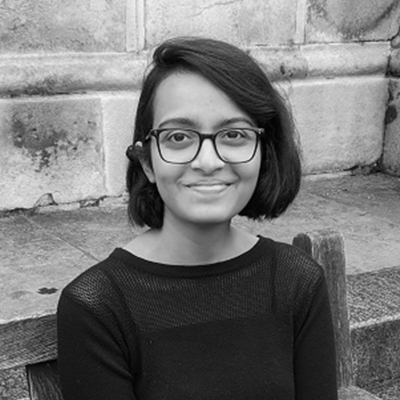
Isha is currently a Fellow at RMI India, focusing on mobilising finance and business innovation for low-carbon mobility. She is co-founder of youth-led climate change solutions platform, Degrees of Change. She has previously worked with UK development bank CDC Group in responsible investment and represents Central & South Asia on the Oil & Gas Climate Initiative youth board. At UCL she led the largest Engineers Without Borders chapter in the UK. Isha is a One Young World Ambassador and a Student Energy Leaders Fellow.
- Session 9: Cross-Border Translational Research Post-COVID
- Chair: Professor Ijeoma Uchegbu
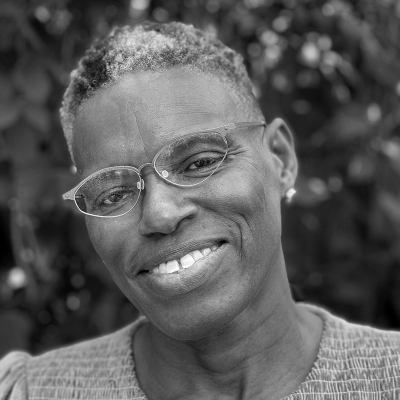
Ijeoma Uchegbu is Professor of Pharmaceutical Nanoscience at the School of Pharmacy, University College London, UCL’s Pro-Vice Provost for Africa and The Middle East, the Provosts’ Envoy for Race Equality, and Chief Scientific Officer of Nanomerics Ltd. Nanomerics, a UCL spin out company, recently licensed NM133 to Iacta Pharmaceuticals. Nanomerics won first prize for its Molecular Envelope Technology at the Royal Society of Chemistry’s Emerging Technologies Competition 2017, Health category.Professor Patty Kostkova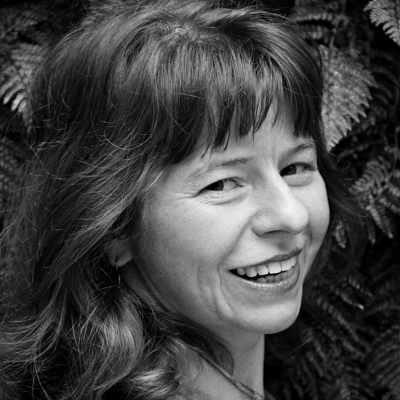
Patty Kostkova is Professor in Digital Health and the Director of UCL IRDR Centre for Digital Public Health in Emergencies. Patty was appointed ISI Foundation Fellow for her research into digital epidemiology. She was a consultant at WHO, ECDC, Telefonica and Foundation Merieux. Over two decades, Prof Kostkova has been an internationally leading researcher in the novel interdisciplinary domain of digital public health.Professor Delmiro Fernandez-Reyes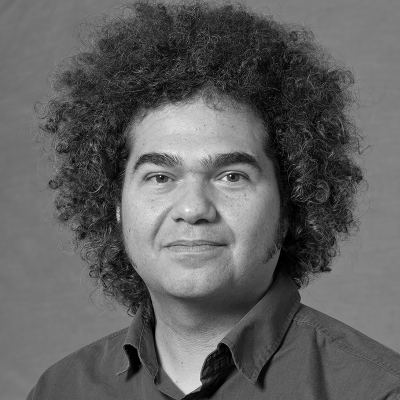
Delmiro Fernandez-Reyes is is Professor of Biomedical Computing at UCL Department of Computer Science and Adjunct Professor in Paediatrics at the College of Medicine, University of Ibadan, Nigeria. He is Director of the UCL-University of Ibadan African Computational Sciences Centre for Health and Development (ACSC4HD). His interdisciplinary expertise in the clinical-, life-, and computer-sciences has translated into a tight interaction of computational approaches with the hypothesis-forming steps, clinical study design and novel data-generation.Olubayo Adekanmbi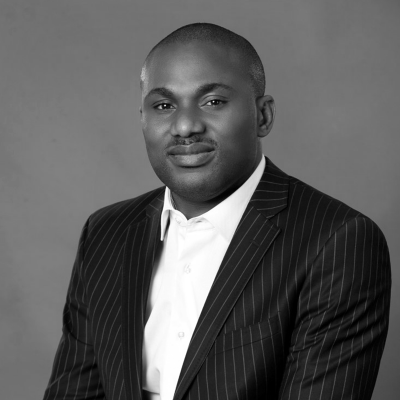
Bayo Adekanmbi is an award-winning business executive who combines 19 years of cognate industry experience in Strategy, Marketing, Analytics and Business Transformation from two largest economies in Africa (Nigeria and South Africa). He is a Kaggle-validated hands-on Data scientist and a doctoral researcher with a Data Science product patent on Social Pricing Recommender.Professor Kwang-Leong Choy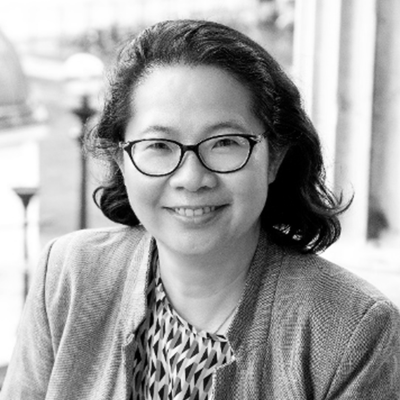
Kwang-Leong Choy (DSc, FIMMM, FRSC) obtained her D.Phil. in Materials Science from the University of Oxford, where she was awarded the Hetherington Prize and Oxford Metallurgical Society Award. She also held academic position at Imperial College London, and her pioneering on the Electrostatic Spray Assisted Vapour Deposition has led to the Grunfeld Medal and Prize from Institute of Materials (UK) and a spin-out company. She has over 30 years’ experience in surface coating and nanomaterials.Mutale Nkonde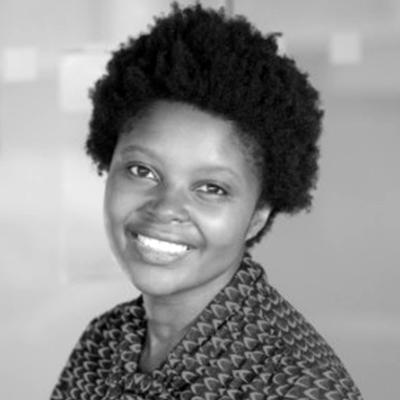
Mutale Nkonde is the founding CEO of AI for the People (AFP) a non-profit communications agency which seeks to highlight the civil and human rights questions raised by the development of AI Technologies in public life. She is a member of the Tik Tok Content Moderation Advisory Board, a UN Advisor on Race and AI. She holds fellowships at Digital Civil Society Lab at Stanford, the Center of Advanced Study at Notre Dame and an affiliate at the Berkman Klein Center of Internet and Society at Harvard.Professor Fabiana Arduini
Fabiana Arduini is Associate Professor at Department of Chemical Science and Technologies (Laboratory of Analytical Chemistry), University of Rome Tor Vergata. She is the Coordinator of Interdivisional Sensor Group, Italian Chemical Society for the period 2019-2021. She is the Coordinator of European Project ERANETMED2-72-328 NanoSWS 2017-2020 - “Integrated nanotechnologies for sustainable sensing water and sanitation”, BIAPTABONT project for the Ministry of Defence, INNOCONCRETE project for the Executive Programme on Scientific and Technological Cooperation between the Italian Republic and the Kingdom of Sweden 2018-2020.Professor IkeOluwa Lagunju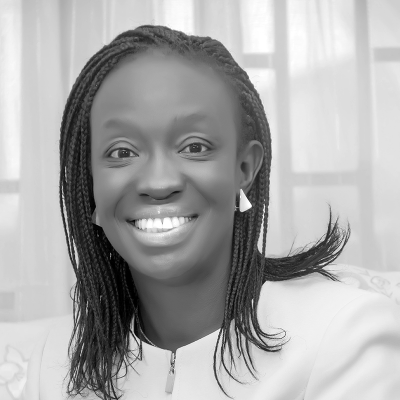
Professor IkeOluwa Lagunju holds the Fellowship of the National Postgraduate Medical College of Nigeria (FMCPaed), Fellowship of the West African College of Physicians (FWACP) and Fellowship of the Royal College of Paediatrics of Child Health (FRCPCH). A recipient of several international awards, Prof Lagunju received the prestigious Association of Commonwealth Universities Fulton Fellowship in 2005, the Bernard D’Souza Award of the Child Neurology Society, United States of America in 2008, and the Bruce Schoenberg Award of the American Academy of Neurology in 2011.Professor Adesoji Oludotun Ademuyiwa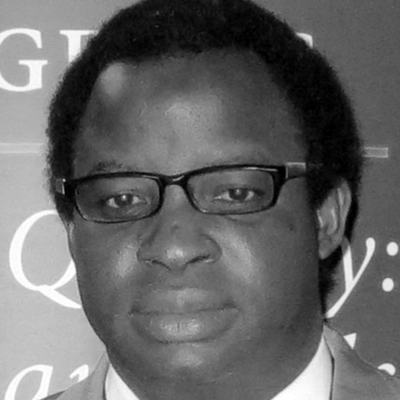
Adesoji Oludotun Ademuyiwa is a Professor at the University of Lagos, Nigeria, Hub Lead for the National Institute of Health Research Global Surgery Unit (NIHR GSU), Chief of Paediatric Gastroenterology and Colorectal Unit at the Lagos University Teaching Hospital, and Secretary of the Pan-African Paediatric Surgical Association (PAPSA). He has been also a Visiting Scholar/Clinical Fellow to Red Cross War Memorial Children’s Hospital, Cape Town, Great Ormond Street Children’s Hospital, UK, and the Nationwide Children’s Hospital, Ohio.
- Session 10: Engaging Communities for Sustainable Cities
- Chair: Audrey Prost
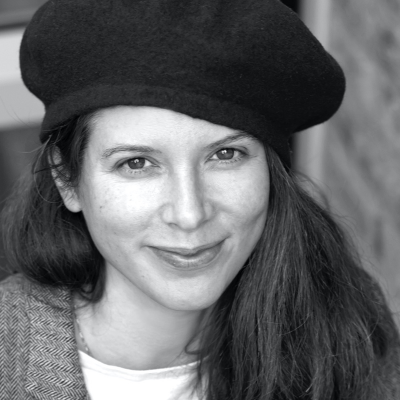
Professor Audrey Prost is a social anthropologist with training in epidemiology. Over the last 12 years, she has worked on developing and evaluating community interventions to improve maternal and child health in close partnership with the Indian civil society Ekjut, in eastern India. Audrey is the Director of the UCL Centre for the Health of Women, Children and Adolescents and co-Chair of the UCL Grand Challenge for Cultural Understanding.The focus of her work is evaluating community engagement approaches to improve women’s, children’s and adolescent health.Nicky Gavron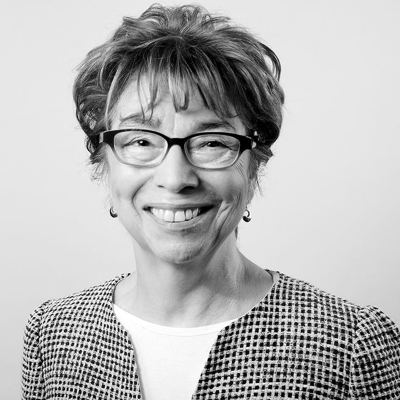
Nicky Gavon has a track record in urban policy development for the Government. She has been at the forefront of developing sustainable planning policies for London. In 2000, she became the first statutory Deputy Mayor of London. Leading London’s response to climate change, she introduced policies and programmes to reduce CO2 emissions across energy, water, waste and transport.Dunu Roy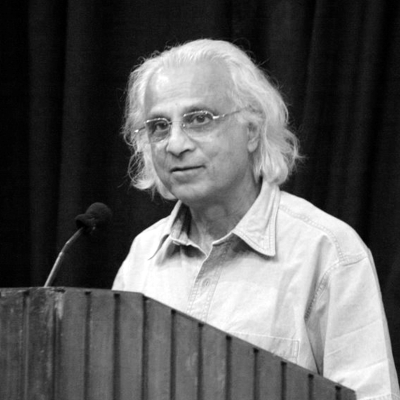
Dunu Roy has worked pan India dealing in various sectors, ranging from FREA to World Wide Fund for Nature, to setting up own enterprise in a village. He believes that most of the developmental activities are micro-experiments limited to a few clusters of villages and sectors like healthcare and education. According to him, the problem lies in not understanding what people want.Dr Emily Morris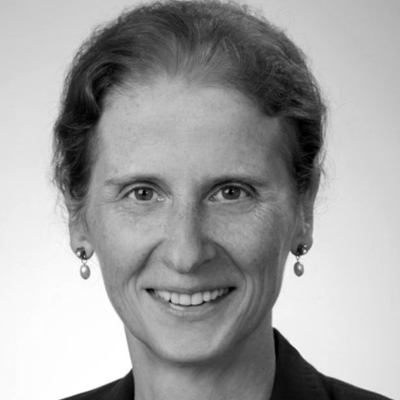
Dr Emily Morris is an economist at UCL, specialising in economic development. Prior to UCL, her career included employment as an economics teacher, lecturer at the University of Sussex’s Institute for Development Studies and SOAS, senior analyst for Latin America & the Caribbean at the Economist Intelligence Unit, and country economist for Central America at the Inter-American Development Bank.Priyanka Sharma
Priyanka Sharma has been working in the public policy industry for many years. She leads the Ekjut humanitarian projects on capacity building, fighting malnutrition and inequities and sustainable environment within the organisation’s vision of “a world where every human being has a right to life with dignity, a world that respects and celebrates every life and diversity”.
- Session 11: Achieving Inclusive Wealth
- Chair: Professor Anthony Costello
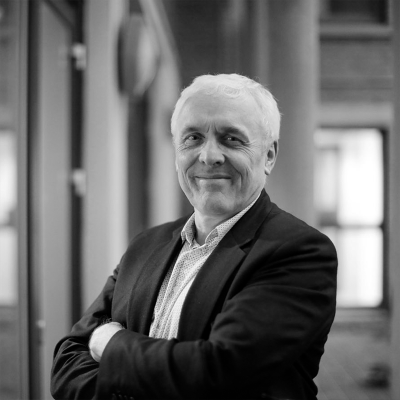
Anthony Costello is Chair of Global Health and Sustainable Development, Institute for Global Health. He has worked as an NHS doctor, as Director of the Institute for Global Health at UCL, and as Director of the department of maternal, child and adolescent health at the World Health Organisation (WHO). He is a co-chair of the Lancet Countdown for Climate Action and Health, and author of The Social Edge: The Science of Sympathy Groups for Health, Wealth and a Sustainable Future.
Dr Michael Spence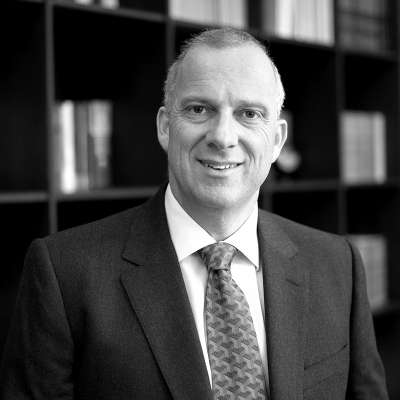
Michael Spence is President & Provost of UCL. He led the University of Sydney as Vice-Chancellor and Principal since 2008. During his time, Sydney has forged a new strategy focused on the transformation of undergraduate education and promoting interdisciplinary research. In 2017, he was awarded a Companion of the Order of Australia for service to leadership of the tertiary education sector, to the advancement of equitable access to education and of programs focused on multidisciplinary research.Carole Cadwalladr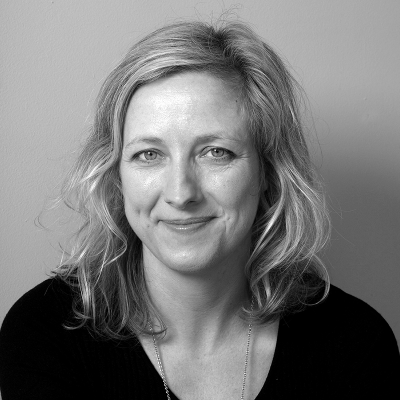
Carole Cadwalladr is an award-winning journalist for the Guardian and Observer. She worked with whistleblower Christopher Wylie to publish her investigation into Cambridge Analytica, which she shared with the New York Times. The investigation resulted in Mark Zuckerberg being called before Congress. She has also uncovered multiple crimes committed during the European referendum and evidence of Russian interference in Brexit.
Professor Ibrahim Abubakar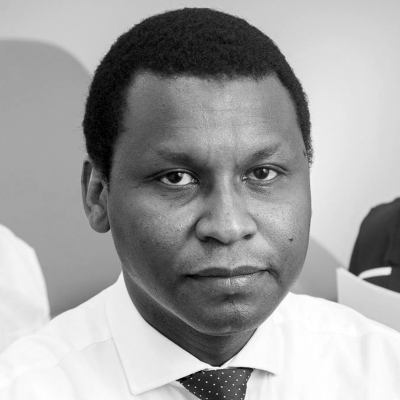
Ibrahim Abubakar is Director of the UCL Institute for Global Health. He led the UCL Centre for Infectious Disease Epidemiology, UCL-TB and was a senior investigator at the MRC Clinical Trials Unit. Ibrahim was head of TB at Public Health England and is Chair of The Lancet Migration: global collaboration to advance migration health. He was also Chair of the WHO Strategic and Technical Advisory Group for Tuberculosis.Professor Wendy Carlin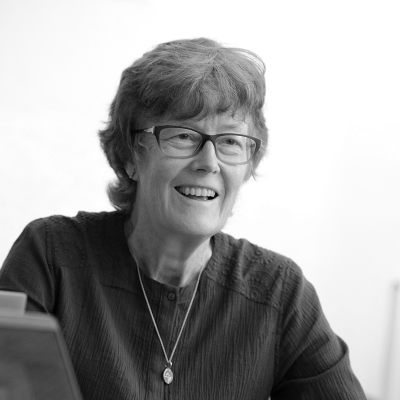
Wendy Carlin CBE is Professor of Economics at UCL, Research Fellow of the Centre for Economic Policy Research, London, external professor at Santa Fe Institute and member of the Expert Advisory Panel of UK’s Office for Budget Responsibility. Her research focuses on macroeconomics, institutions and economic performance, economics of transition, and evolution of economic research and education using machine learning.
Professor Sir Partha Dasgupta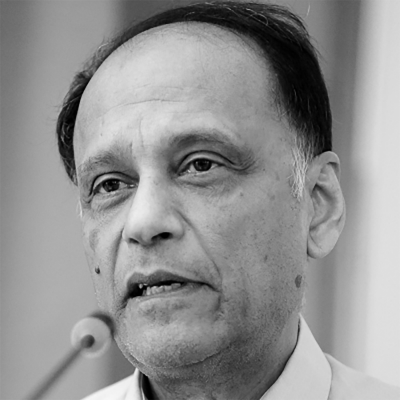
Partha Dasgupta is the Frank Ramsey Professor Emeritus of Economics at the University of Cambridge and Fellow of St John's College, Cambridge. He is a Fellow of the British Academy, the Royal Society, and a Foreign Associate of the US National Academy of Sciences, and is currently preparing a Review of the Economics of Biodiversity at the invitation of UK's Chancellor of the Exchequer. Professor Dasgupta was knighted by Queen Elizabeth II in 2002 for services to economics.
- Session 12: Next Steps for UCL
- Chair: Professor Deenan Pillay
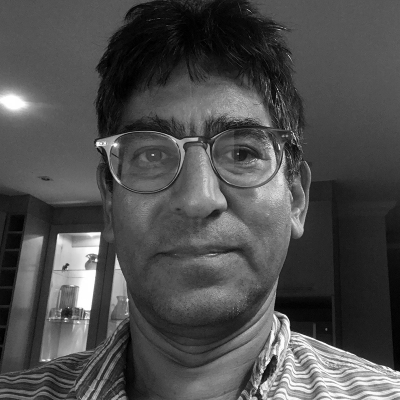
Deenan Pillay is Professor of Virology, and Pro-Vice Provost (International) at UCL, and Honorary Consultant Virologist at University College London Hospital. His long term interest is in the epidemiology, transmission, treatment and prevention of HIV, and was Director of the Africa Health Research Institute in KwaZulu Natal, South Africa from 2013-2019. He is currently a member of Independent SAGE, a group of scientists providing advice and recommendations to policy makers and the public in relation to COVID-19.
Session 3: Professor Dan Osborn
Dan Osborn is Professor of Human Ecology at UCL, Co-Chair of UCL Environment Domain and Editor-in-Chief, UCL Open: Environment. He researches the links between natural resources and people’s wellbeing and how knowledge of these linkages can improve our lives. Dan has participated on advisory committees with government and industry, contributing to UK National Ecosystem Assessments and co-led people and built environment aspects of Evidence Report underpinning the Second UK Climate Change Risk Assessment.Session 6: Professor Sarah Bell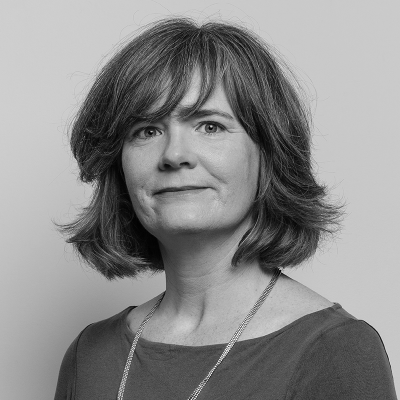
Sarah is Professor of Environmental Engineering in the Institute for Environmental Design at UCL. Her research focusses on the sustainability of urban water systems, with particular emphasis on community engagement with infrastructure. She is an EPSRC Living With Environmental Change Research Fellow, Chartered Engineer, and Fellow of the Institution of Civil Engineers and the Chartered Institution of Water and Environmental Management.
Session 9: Professor Ijeoma Uchegbu
Ijeoma Uchegbu is Professor of Pharmaceutical Nanoscience at the School of Pharmacy, University College London, UCL’s Pro-Vice Provost for Africa and The Middle East, the Provosts’ Envoy for Race Equality, and Chief Scientific Officer of Nanomerics Ltd. Nanomerics, a UCL spin out company, recently licensed NM133 to Iacta Pharmaceuticals. Nanomerics won first prize for its Molecular Envelope Technology at the Royal Society of Chemistry’s Emerging Technologies Competition 2017, Health category.Sessions 1 & 11: Professor Anthony Costello
Anthony Costello is Chair of Global Health and Sustainable Development, Institute for Global Health. He has worked as an NHS doctor, as Director of the Institute for Global Health at UCL, and as Director of the department of maternal, child and adolescent health at the World Health Organisation (WHO). He is a co-chair of the Lancet Countdown for Climate Action and Health, and author of The Social Edge: The Science of Sympathy Groups for Health, Wealth and a Sustainable Future.Session 4: Dr Saffron Woodcraft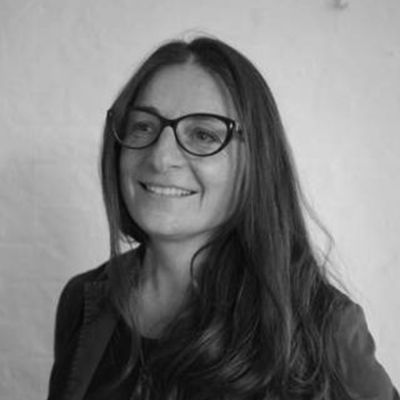
Saffron is the Executive Lead for IGP’s Prosperity Co-Lab UK. She has led the Institute’s work to develop a citizen-led Prosperity Index since 2015, which is now being adapted internationally. She manages the London Prosperity Board and IGP’s longitudinal study of prosperity in the UK (2021-2031). Saffron is Research Fellow on the Knowledge in Action for Urban Equality (KNOW) programme, working on research to understand prosperity and pathways to urban equality in cities in the Global South. This work focuses on examining prosperity and urban equality in the SDGs.Session 7: Professor Susan Michie
Professor of Health Psychology and Director of the Centre for Behaviour Change at UCL, Professor Michie is also co-Director of NIHR’s Behavioural Science Policy Research Unit. She serves as an expert advisor on the UK’s Scientific Pandemic Influenza Group on Behavioural Science (COVID-19) and is a consultant advisor to the World Health Organisation on COVID-19 and behaviour and is an investigator on three Covid-19 research projects.
Session 10: TBC Session 2: Martha McPherson (TBC)
Session 2: Martha McPherson (TBC)
Martha McPherson is Head of Green Economy and Sustainable Growth at the UCL Institute for Innovation and Public Purpose. She co-ordinates IIPP's research and policy engagement on transitions to a sustainable, climate-resilient green economy, taking a lens of public value, and rethinking the role of states. This encompasses work on green industrial and innovation policy and green new deals; local, regional and urban green innovation; the Just Transition; climate-aligned finance, and a green economic renewal after the COVID19 crisis.
Session 5: Professor Monica Lakhanpaul
Monica Lakhanpaul is a consultant paediatrician at Whittington Hospital, Pro-Vice-Provost for South Asia at UCL, Professor of Integrated Community Child Health at UCL Great Ormond Street Institute of Child Health and Co-director of the CHIP consortium. She works in the UK and internationally, using participatory and citizen science approaches. Examples include improving childhood feeding practices in South Asian communities in East London with her NEON project and PANChSHEEEL in rural India.Session 8: Tanya Dudnikova
Tanya Dudnikova is a recent UCL graduate, former Student Media Representative and former President of the UCL Film & TV Society. She is passionate about enhancing student participation in UCL’s approach to sustainable development issues and recently moderated a webinar: “Reaching the Sustainable Development Goals: universities and students looking for solutions”, organised by the British Council and University PSL.
 Close
Close

